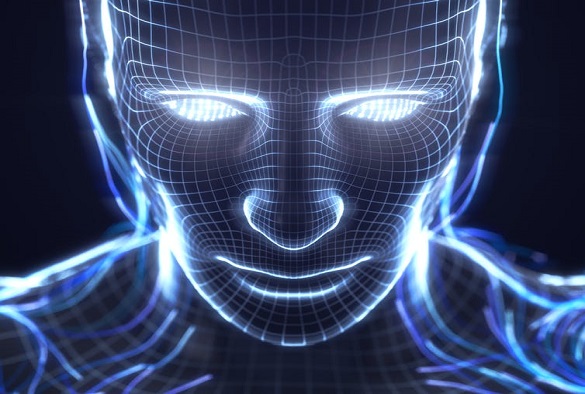
Shutterstock/kmls
Barry Dainton is Professor of Philosophy in the University of Liverpool's Department of Philosophy
Pandemics and natural disasters cause pain and suffering to millions worldwide and can challenge the very foundations of human belief systems. They can be particularly challenging for those who believe in an all-knowing and righteous God. The Lisbon earthquake of 1755, for example, shook the previously unquestioned faith of many and led Voltaire to question whether this really could be the best of all possible worlds.
When the Spanish flu struck in 1918, some chose to see it as divine punishment for the sins of mankind and looked to prayer, rather than science, for salvation. Notoriously, the Bishop of Zamora resisted calls from the Spanish authorities to close his churches and instead insisted on holding additional masses and processions.
From a theological standpoint, natural disasters and pandemics inevitably raise the profile of the long-standing and much-debated "problem of evil". Here is philosopher Galen Strawson's take on the problem:
We can, for example, know with certainty that the Christian God does not exist as standardly defined: a being who is omniscient, omnipotent and wholly benevolent. The proof lies in the world, which is full of extraordinary suffering…belief in such a God, however rare, is profoundly immoral. It shows contempt for the reality of human suffering, or indeed any intense suffering.
But suppose the person who was directly responsible for creating the world wasn't God but some far lesser, far more fallible being. Someone more akin to an ordinary human engineer or scientist - or even a movie director or video-game designer. Let us further suppose that the diseases and disasters that can be found in the world are all the result of design choices, freely made by this non-divine designer of worlds.
This may seem fantastically far fetched. But in the realm of physics just these kinds of scenarios are being played out as scientists work on the complex mathematics behind lab-created "pocket universes" and tech leaders, such as Elon Musk, explore the potential of brain-machine interfaces.
It's also important to appreciate that if this were the case then for many theists God could no longer be blamed for much of the suffering that exists in our world and the problem of evil would be very largely solved.

This article is part of Conversation Insights
The Insights team generates long-form journalism derived from interdisciplinary research. The team is working with academics from different backgrounds who have been engaged in projects aimed at tackling societal and scientific challenges.
Why? Because for theists human beings are creatures of a very special sort: thanks to our God-given free will we have the ability to choose whether we act well or badly. And, generally speaking, God does not interfere with these choices or their consequences. If a free agent acts appallingly (committing murder, rape or genocide) the resulting "moral evil" is to be greatly regretted, but God should not be blamed. The fault lies entirely with the person who freely chose to act in this way.
Morality and natural evils
Morality and free will are deeply intertwined. If someone does something very wrong, they aren't morally at fault if they only acted in that way because they were hypnotised or brainwashed. Similarly, if someone performs a good act (giving food to a starving child, say) but only did so because a gun was pointed at their heads, they are not morally praiseworthy.
Most religious believers hold that humans have the capacity to make free choices. They also believe that anyone who chooses to do the right things can expect to be rewarded by God, whereas those who act wrongly can expect to be punished. For this to be possible God has to not only provide us with free will, he also has to allow us to carry out those actions we freely choose to perform - the bad ones included.
This "free will solution" to the problem of evil has been a mainstay of theology since it was elaborated by St Augustine more than 1,500 years ago. From the theological perspective, the so-called "natural evils" pose a far more intractable problem. These include all the vast amounts of suffering caused by diseases, earthquakes and floods along with the agonies suffered by animals. As normally construed, these sources of suffering are not moral evils, since they are not the result of freely chosen human actions.
Hence the problem posed by such evils for anyone who believes that God created our world. Couldn't a creator that is truly all-powerful, all-knowing and good have made a much better job of it? In fact, wouldn't it have been quite easy for God to ensure that the world contains far fewer natural evils? A few tweaks to human DNA would provide immunity to cancer. A slightly different tweak would provide immunity to viruses. When designing the animals an all-powerful God would not need to rely on the incredibly slow and imperfect method of evolution by natural selection - a process which inevitably results in vast amounts of pain and suffering.
On the other hand, if the maker of our world was not all-powerful, or all-knowing, or as good as it's possible to be, then it's not surprising to find ourselves living in the sort of world we do.
Alternate realities and bubbles
As for why we should take seriously the idea that there can be makers of worlds who are less than divine, there is no shortage of relevant scenarios to be found in science, science fiction and philosophy.
Among the obstacles that Cern






